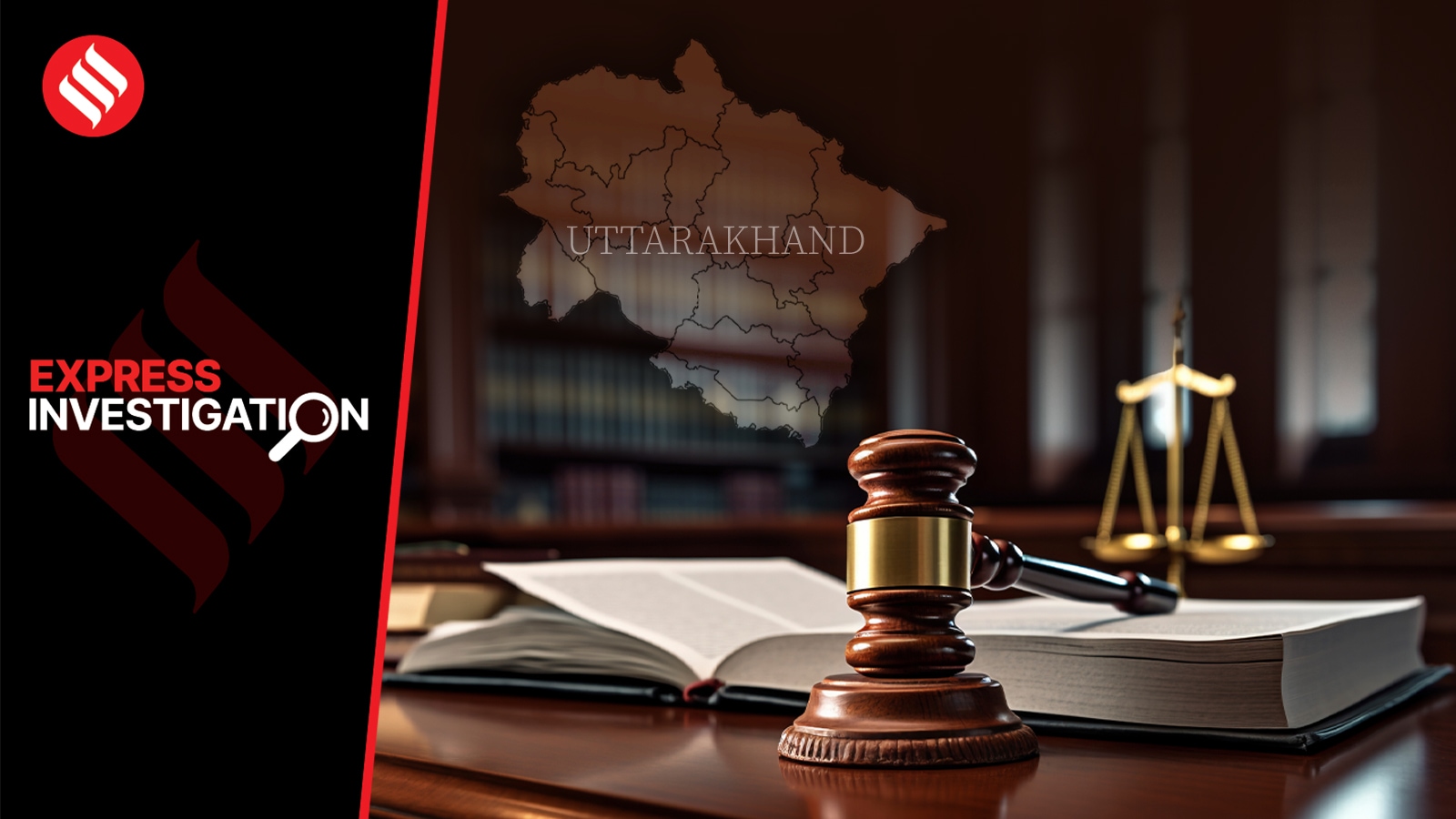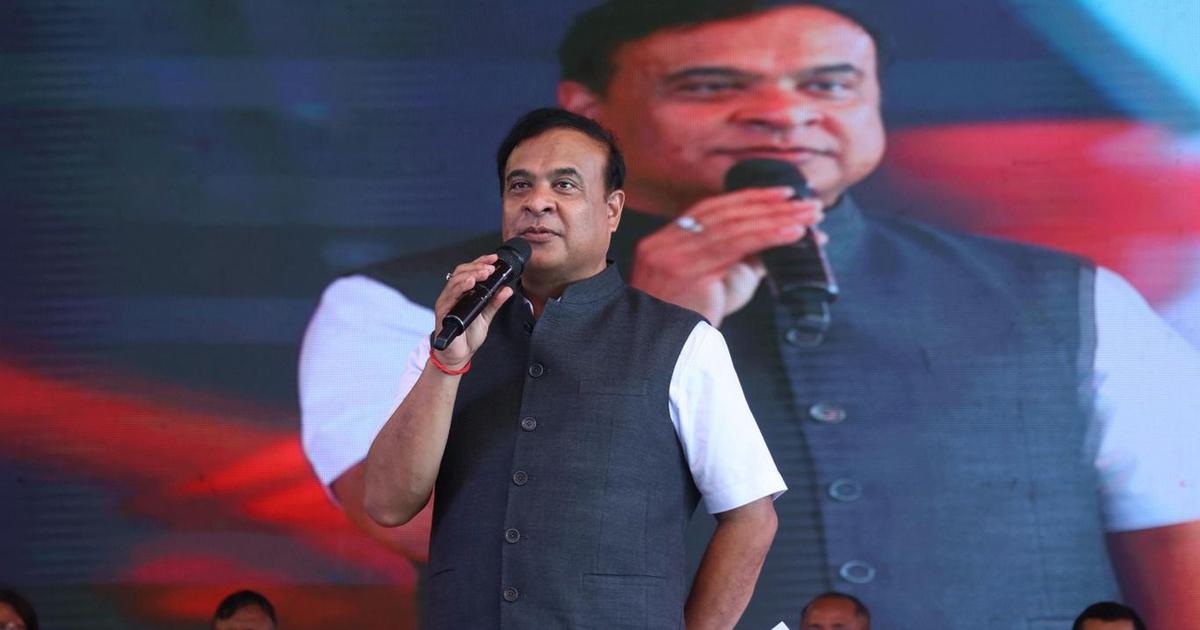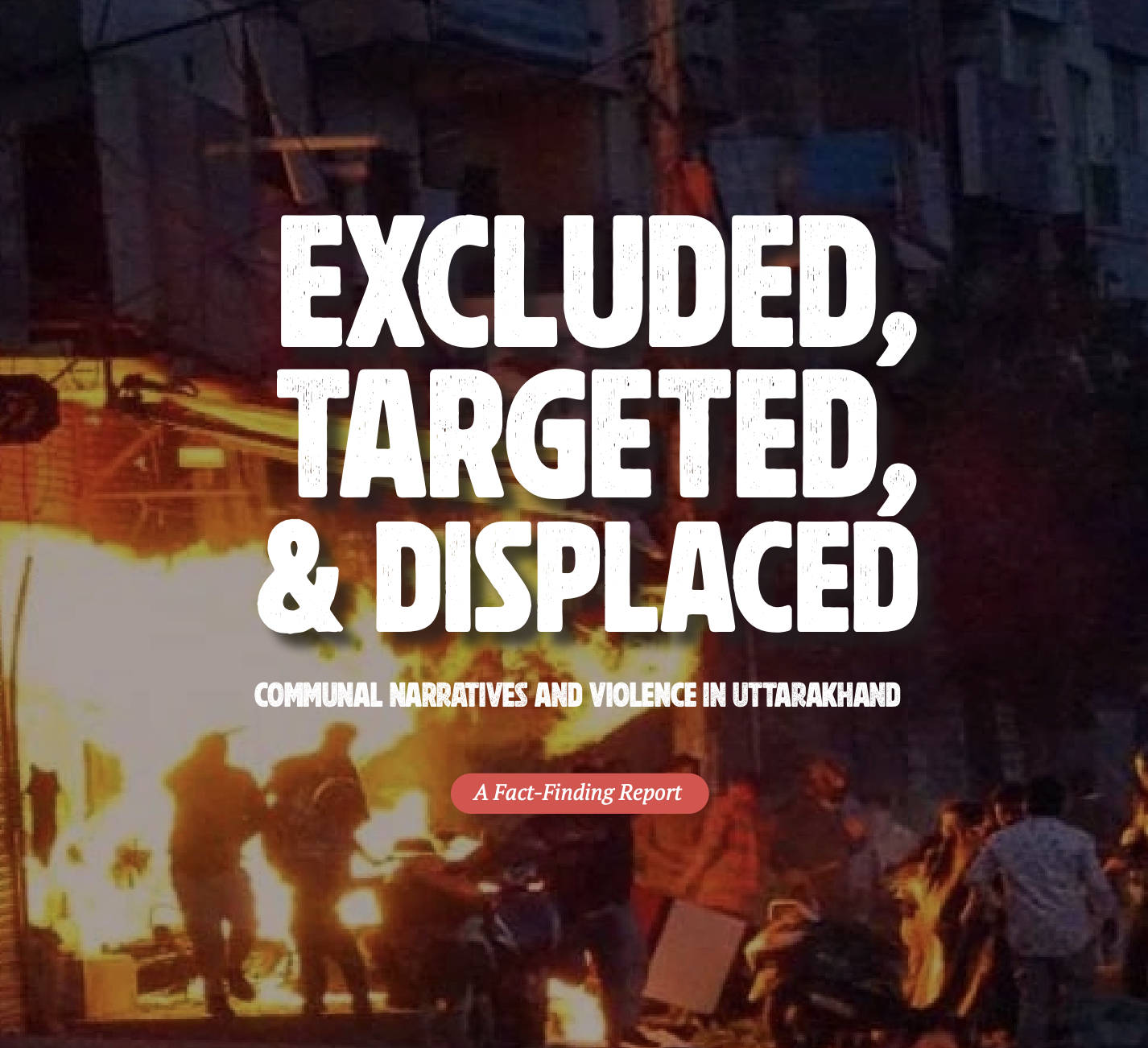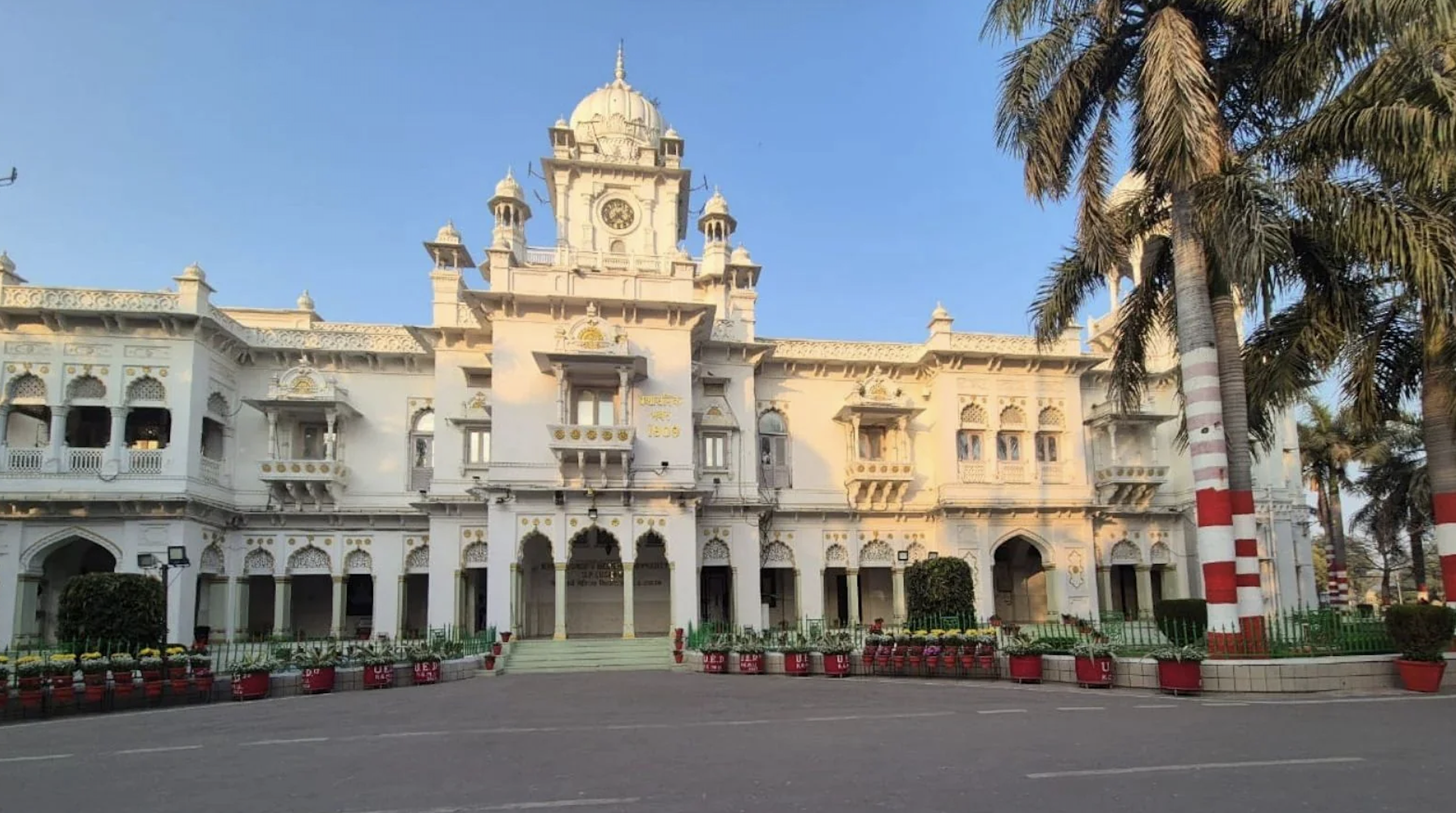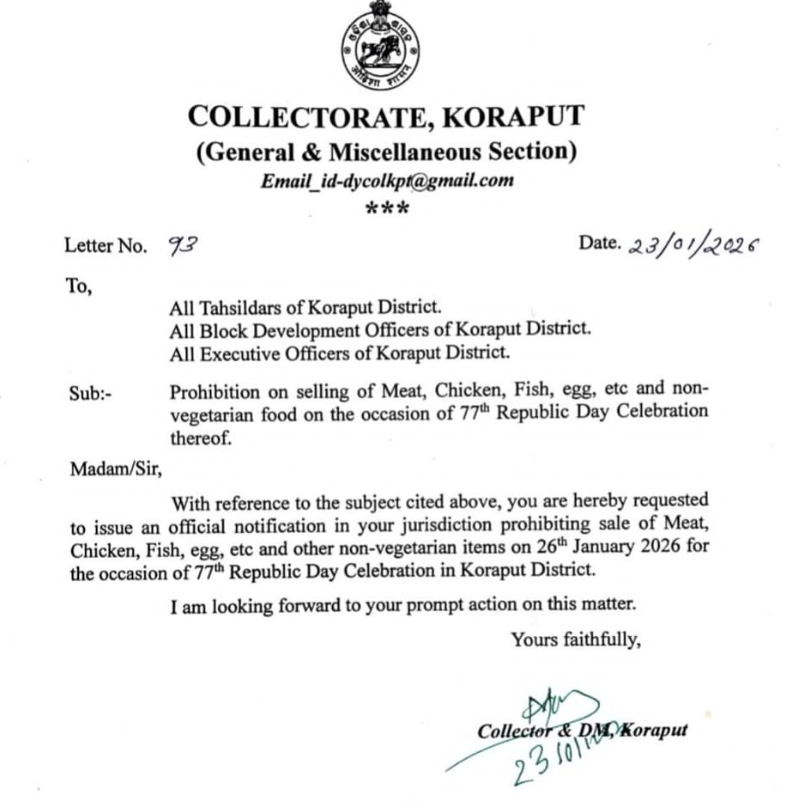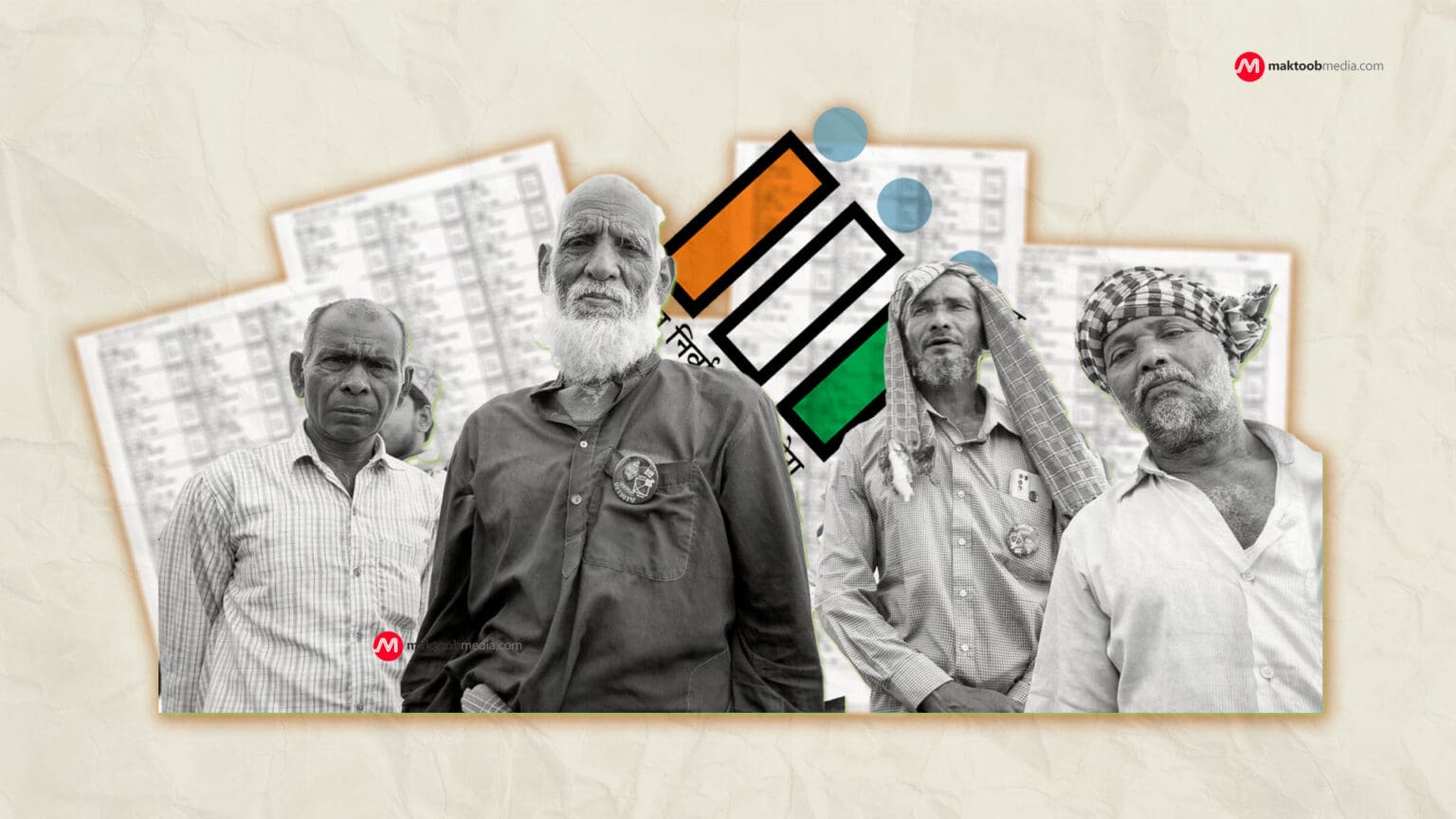
Bihar is currently engaged in a Special Intensive Revision (SIR) of its electoral rolls, an exercise initiated by the Election Commission of India (ECI) after a 22-year hiatus. While the ECI states this revision is crucial for an accurate voter list ahead of the upcoming Assembly elections, the process has swiftly drawn intense scrutiny, particularly due to a new ECI directive (Clause 5(b)) empowering local officials to question citizenship. Alongside this, the recent public statements from the son of a prominent Bihar BJP leader have escalated concerns among minority and vulnerable communities regarding potential disenfranchisement and challenges to their citizenship status.
The ECI outlines several objectives for this extensive revision. These include adapting to demographic shifts due to urbanisation and migration, and incorporating newly eligible voters. The process also aims to rectify inaccuracies by removing duplicate entries, non-residents, and deceased individuals. A further stated goal is to prevent the inclusion of “foreign illegal immigrants,” a concern frequently articulated by political parties. The ECI references its constitutional mandate under Article 326, which outlines voter eligibility criteria.
The last intensive revision in Bihar was conducted in 2003. The ECI has made the 2003 electoral rolls accessible, noting that approximately 60% of the current electorate – those whose names appeared on the 2003 rolls or are born to such electors – will not be required to submit parental documents.
As per SIR, electors must sign and submit the pre-printed Enumeration Form before July 25 to ensure their inclusion in the Draft Electoral Roll, which will be published on August 1. Simultaneous verification of uploaded forms has also commenced. An official stated that despite some apprehensions, the SIR aims to ensure all eligible persons are included, with continuous eligibility verification based on submitted documents. Following the publication of the Draft Electoral Rolls on August 1, claims and objections will be accepted from political parties and the public starting August 2.
SIR so far
The revision process has prompted several specific concerns from various stakeholders, some of which are reportedly materialising on the ground. The timing of this intensive revision, just months before the state assembly elections, has drawn criticism. Opposition parties, including the Congress, Rashtriya Janata Dal (RJD), and Left parties, have publicly questioned this timing, suggesting it could impact the electoral outcome. They highlight that prior intensive revisions, such as the 2003 exercise, were conducted well in advance of elections.
This story was originally published in maktoobmedia.com. Read the full story here.


